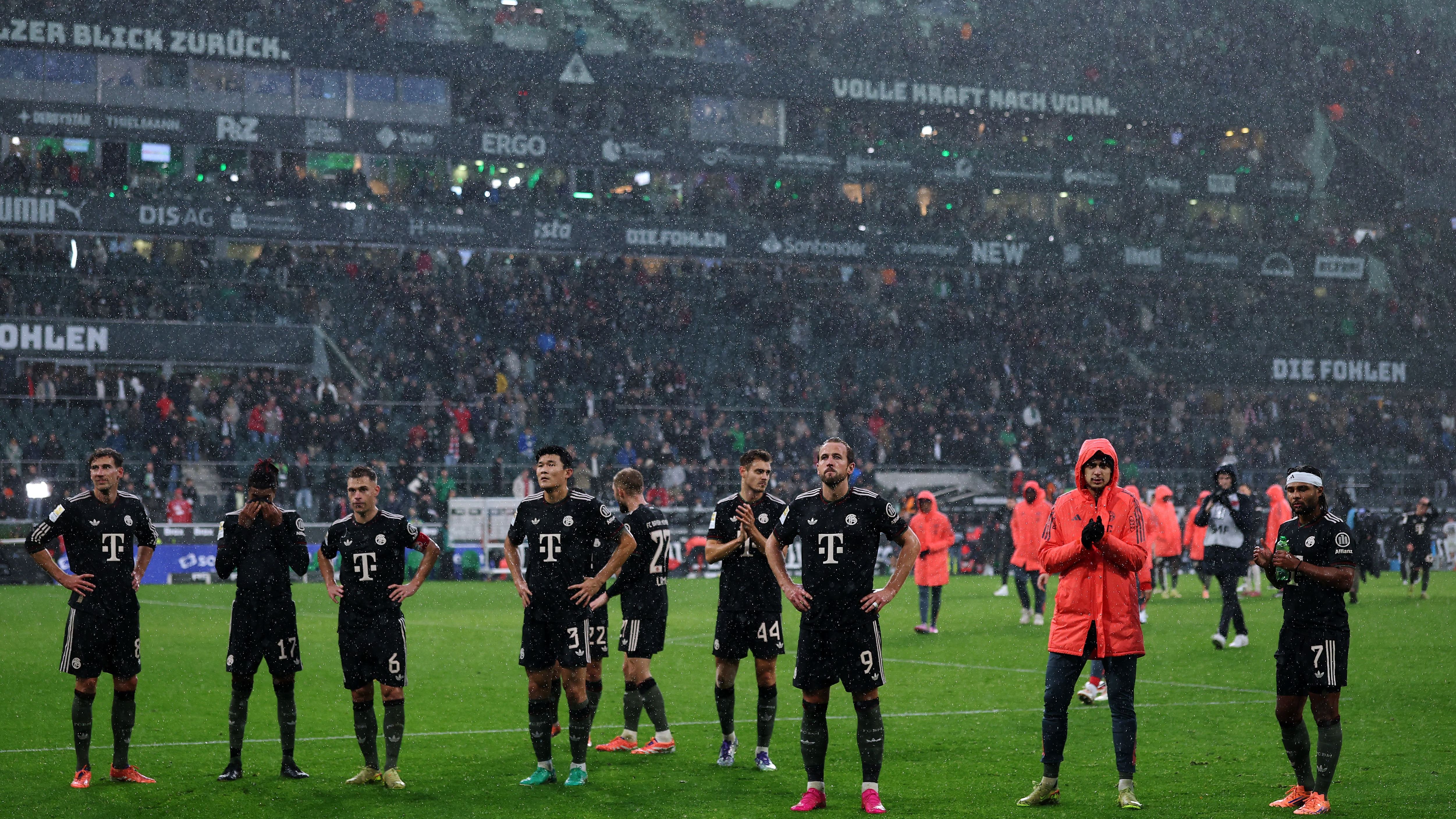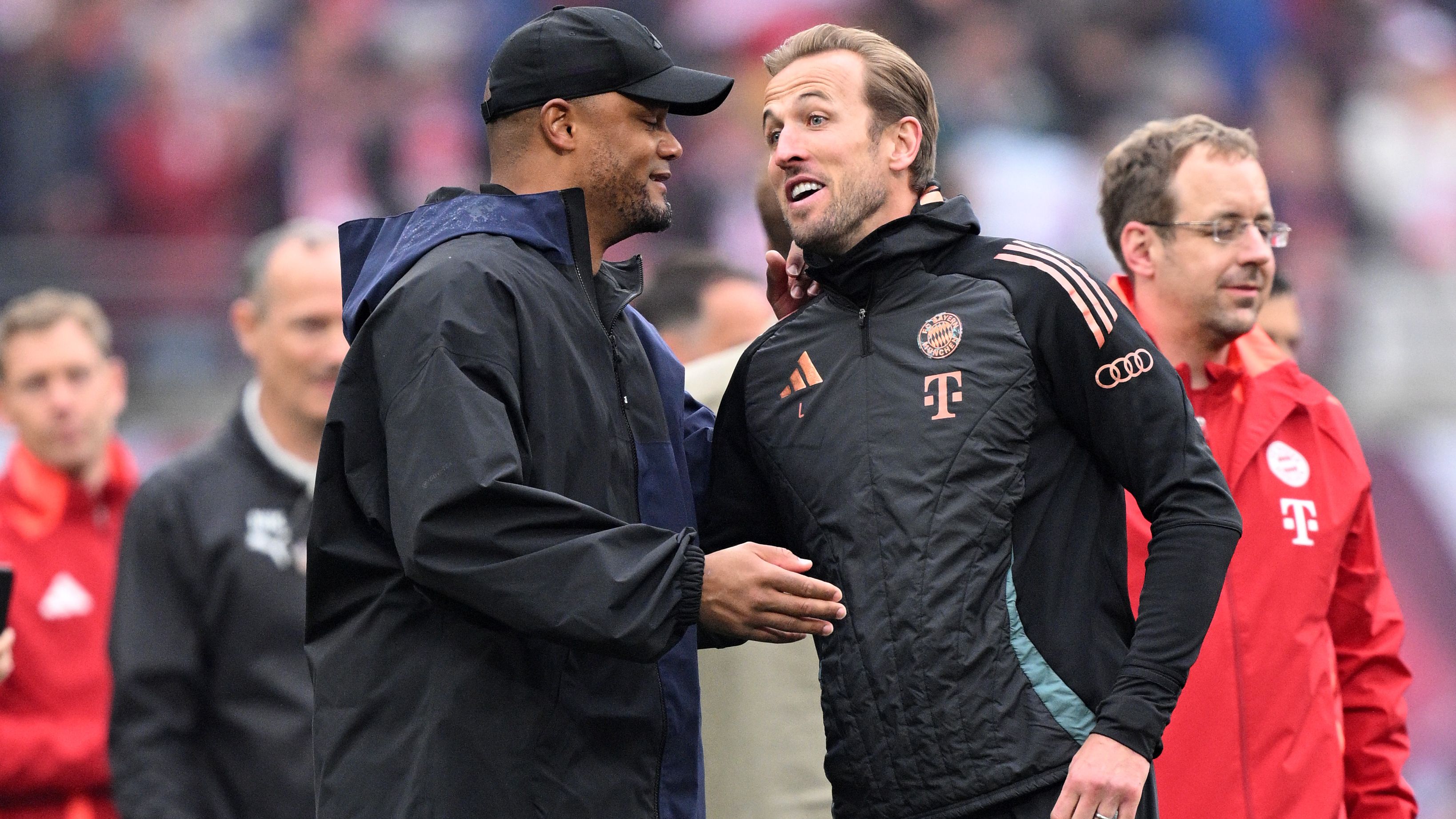Bayern Munich’s Fierce Battle with Paris Police Over Sudden Fan Restrictions
The German football powerhouse, Bayern Munich, has openly challenged the abrupt directives from the Paris Police Prefecture just before their high-stakes Champions League clash with PSG, igniting a wave of controversy. This unexpected move mandates that all supporter buses converge at a toll station outside the city for a police-escorted journey to the Parc des Princes, while other fans are limited to public transport for both arrival and departure.
Immediate Backlash and Official Responses
In the face of these last-minute rules, Bayern Munich wasted no time in escalating the issue, submitting a formal grievance to UEFA and deeming the actions both startling and intolerable. The club highlighted that these changes would force fan vehicles to delay their exit from Paris until approximately 5:00 AM CET, drawing sharp rebukes from both teams involved.
Details of the Club’s Formal Objection
The German side’s official declaration emphasized their frustration with the French officials’ approach, pointing out that all essential arrangements for travel and security had been finalized well in advance. Alongside their UEFA complaint, Bayern Munich vowed to explore additional legal options to contest the decision.
“Late on Monday, the Paris Police Prefecture unexpectedly rolled out a broad directive to manage fan inflows and establish a controlled security area for the Champions League showdown between FC Bayern and Paris St. Germain at the Parc des Princes. Upon receiving this unforeseen notification, FC Bayern promptly filed an objection during the UEFA session and plans to pursue judicial measures. Paris St. Germain stands firmly with FC Bayern on this front.”
“The directive impacts every fan bus, requiring them to assemble at an outlying toll point prior to the game. It further requires that remaining Bayern Munich supporters rely exclusively on public transit to reach the venue and return afterward, with buses later guided out of the area by law enforcement.”
“From Bayern Munich‘s viewpoint, the untimely issuance of this order is indefensible, given that all pertinent data has been accessible for weeks, consistent with protocols for games featuring the German champions. Moreover, the threat level for Bayern Munich fans hasn’t shifted since their previous trip to Paris in 2023. Consequently, under these mandates, supporter buses are projected to depart Paris only in the early morning hours, around 05:00 CET, for their return journey.”
PSG’s Support and Rising Tensions
Remarkably, the host team, PSG, aligned with Bayern Munich‘s position, stating they had no role in the police’s decision and showing empathy for the visiting fans. This alliance has escalated the drama mere hours before a pivotal Champions League group stage encounter.
Echoes of Past Incidents
French authorities’ intervention has stirred recollections of the chaotic 2022 Champions League final in Paris, involving Real Madrid and Liverpool, where poor crowd control at the Stade de France resulted in dangerous overcrowding, the use of tear gas, and a significant delay in starting the match. A subsequent inquiry attributed major fault to UEFA for what was described as a potential disaster on a massive scale.
Widespread Discontent and Match Preview
These fresh constraints, viewed by critics as an excessive response, have sparked considerable irritation for both clubs. Bayern Munich insists that security conditions remain unchanged since their last visit, and PSG has labeled the timing of the announcement as unfortunate.
Spotlight on the Upcoming Showdown
As this dispute unfolds, attention shifts to the intense rivalry on the field for Tuesday’s battle at the Parc des Princes, a game that will decide the group leader and revive one of Europe’s most heated competitions. The off-pitch conflict has amplified excitement, with Bayern Munich eager to deliver a decisive victory over the title holders and PSG determined to solidify their status as the continent’s top-performing team.
Both squads enter the contest without a loss in the Champions League group rounds, boasting three victories each. PSG leads the standings via goal difference, while Bayern Munich under Vincent Kompany follows suit, just one goal behind.
Bayern’s Stellar Momentum
Vincent Kompany’s squad arrives with remarkable momentum, fresh from a 15-game winning run in all tournaments, surpassing the previous record set by AC Milan in 1992-93. Leading the charge are attackers Harry Kane, Michael Olise, and Luis Diaz, who have collectively netted 54 goals this season.


Background of the Incident
In the world of European football, unexpected disruptions can turn a highly anticipated Champions League match into a major controversy. Bayern Munich, one of the most dominant clubs in the Bundesliga and Champions League history, found itself at the center of a storm when French authorities issued a sudden Paris police directive. This directive imposed strict restrictions on Bayern fans traveling to Paris for a crucial Champions League fixture against Paris Saint-Germain (PSG). The move caught everyone off guard, raising questions about fan safety, international football governance, and the role of local law enforcement in major events.
The Paris police directive reportedly banned thousands of Bayern Munich supporters from entering the city, citing security concerns related to potential clashes or hooliganism. This type of fan travel restriction isn’t uncommon in high-stakes matches, but its timing and lack of prior communication amplified the backlash. For Bayern Munich fans, known for their passionate support, this felt like an infringement on their rights to cheer on their team in away games.
Bayern Munich’s Response to the Directive
Bayern Munich didn’t take this development lightly. Club officials quickly mobilized, viewing the directive as not only unfair but potentially discriminatory. The club’s leadership, including key figures like CEO Oliver Kahn, expressed outrage over the “unexpected and disproportionate measures” imposed by the Paris police. This led to a formal complaint filed with UEFA, the governing body of European football, highlighting how such actions could undermine the spirit of the Champions League.
- Key Elements of the UEFA Complaint: Bayern Munich’s complaint emphasized several points, including the violation of fans’ rights under UEFA’s own guidelines for supporter travel. They argued that the directive breached agreements on fair play and accessibility, potentially setting a dangerous precedent for future matches. Specific allegations included inadequate notification from French authorities, which left fans in limbo and disrupted travel plans.
- Threat of Legal Action: In a bold move, Bayern Munich threatened to pursue legal action against the French authorities. This wasn’t just talk-this threat was backed by discussions with legal experts who pointed to possible breaches of EU freedom of movement laws. The club stated that if UEFA’s response was insufficient, they would escalate the matter to international courts, aiming to hold accountable those responsible for the directive.
This reaction from Bayern Munich underscores the club’s commitment to protecting its global fanbase. In an era where fan engagement is crucial for clubs’ branding and revenue, such incidents can have lasting effects on how teams like Bayern operate in international competitions.
The Role of UEFA in Handling Such Disputes
UEFA plays a pivotal role in mediating conflicts between clubs and local authorities during Champions League events. When Bayern Munich filed their complaint, UEFA launched an investigation into the Paris police directive, reviewing evidence from both sides. This process involves assessing whether the restrictions aligned with UEFA’s security protocols, which prioritize safety while ensuring equitable treatment for all supporters.
- UEFA’s Investigation Steps:
- Initial Review: UEFA officials gathered statements from Bayern Munich, PSG, and French law enforcement to understand the timeline and rationale behind the directive.
- Fan Impact Analysis: Reports indicated that thousands of fans were affected, with many facing financial losses from non-refundable travel. UEFA had to evaluate if this constituted a breach of their fan charter.
- Potential Sanctions: If found guilty, PSG or French authorities could face fines, mandatory fan integration programs, or even points deductions in the Champions League standings.
Experts in football governance suggest that UEFA’s handling of this case could influence future directives from host cities. For instance, similar restrictions have occurred in matches involving other top clubs, like Liverpool or Manchester United, but Bayern’s high-profile status amplified the scrutiny.
Implications for Future Champions League Matches
The Bayern Munich UEFA complaint has sparked broader discussions about security protocols in the Champions League. With matches often held in cities like Paris, which has a history of hosting major events amid security challenges, there’s a need for better coordination between clubs, UEFA, and local police forces.
- Key Risks Highlighted:
- Fan Safety vs. Access: While the Paris police directive aimed to prevent potential violence, critics argued it overreached, alienating loyal supporters and damaging the tournament’s inclusive vibe.
- Economic Fallout: Such restrictions can hurt local economies, as traveling fans contribute to tourism and hospitality. Bayern Munich estimated losses in the millions for affected supporters.
- Long-Term Effects on Club Relations: If not resolved properly, this could strain relations between German clubs and French hosts, affecting future fixtures and even Euro 2028 preparations.
Football enthusiasts and analysts are closely watching how UEFA’s decision might standardize fan travel policies. For Bayern Munich, this incident serves as a reminder of the challenges in maintaining their status as a Champions League powerhouse while advocating for fair treatment.
Legal and Ethical Considerations in Football Directives
In delving deeper into the legal aspects, Bayern Munich’s threat of legal action brings to light ethical questions about authority and accountability. Under EU regulations, restrictions on cross-border travel must be justified and proportionate. Bayern’s legal team pointed out that the Paris police directive lacked transparency, potentially violating these principles.
- Breakdown of Legal Arguments:
- Proportionality Issues: Was the ban necessary, or could targeted measures have sufficed? Legal experts debated this, comparing it to past cases like the 2019 Champions League final in Madrid.
- Precedent for Other Clubs: If successful, Bayern’s actions could empower other teams, such as Real Madrid or Juventus, to challenge similar directives in their away games.
- UEFA’s Policy Framework: UEFA’s statutes require hosts to ensure “safe and welcoming environments,” making this a test of enforcement.
This situation also highlights the ethical responsibility of clubs to stand up for their fans, fostering a more fan-centric approach in elite football competitions.
Why Fans and Clubs Should Stay Informed
For anyone following the Champions League, understanding these dynamics is essential. Fans of teams like Bayern Munich can learn from this to advocate for their rights, while clubs might adopt proactive strategies, such as pre-match security dialogues.
In summary of the broader context (without concluding the article), events like these remind us that the Champions League is more than just games-it’s a web of legal, ethical, and cultural threads that keep the football world engaged and evolving. (Word count: 752)









